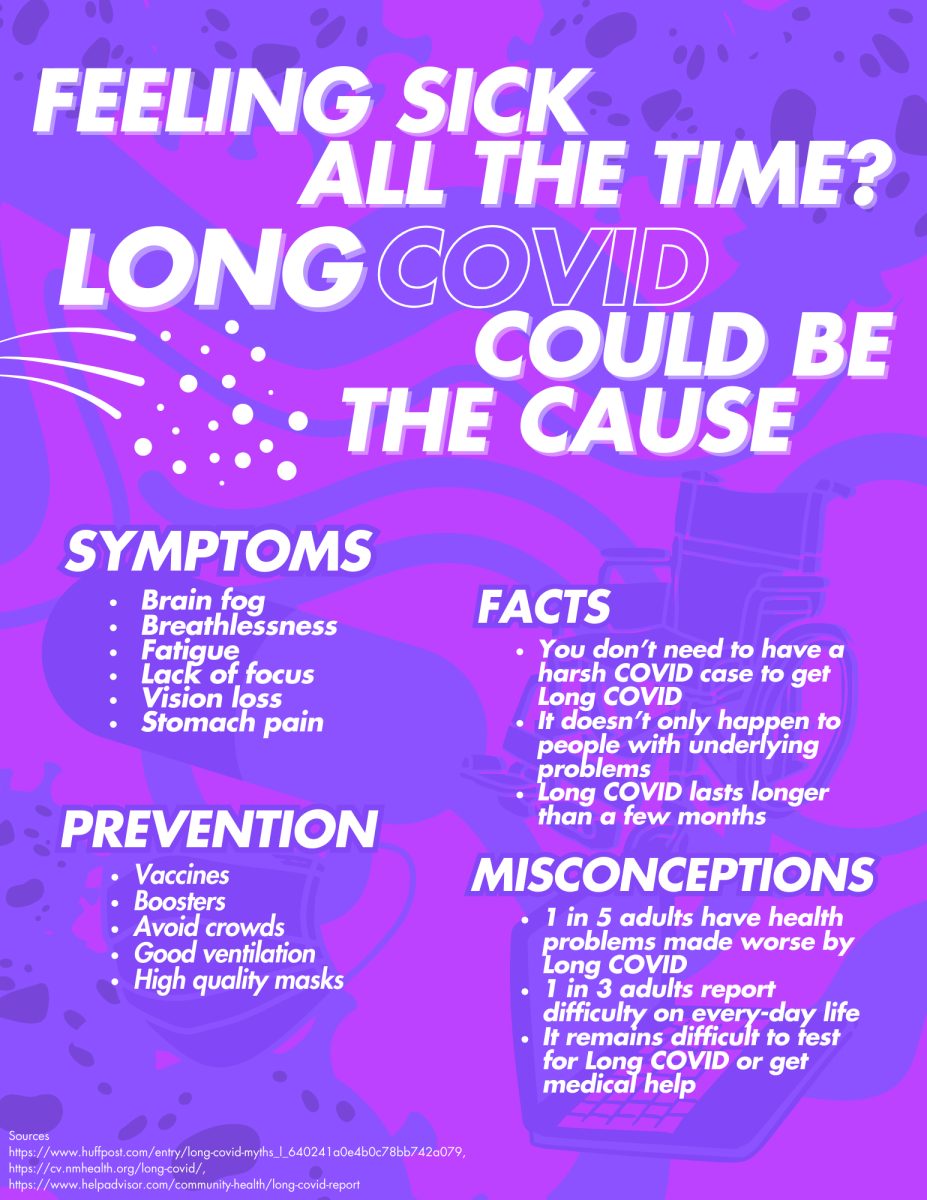Is Using Chat GPT Cheating?
May 9, 2023
Within the past few decades, technological innovation has changed many aspects of everyday life, especially in education. From online learning to virtual classrooms, these changes have provided alternative ways to learning and teaching, making educational experiences better overall. However, Artificial Intelligence (AI) and natural language model (NLP), the latest disruption to teaching and learning brings both opportunities and challenges and poses some dangers that must be addressed sooner than later. The world may not have to face the dangers of killer robots, but AI presents a problem to journalism and academia regarding ethics. Although these technologies have a variety of benefits, they also pose a significant risk for students who are tempted to use them for academic dishonesty, which is ultimately undermining their education.
Chat GPT is an AI platform that generates human-like responses based off a prompt imputed by the user. Although this AI platform has only been around for a few months, students are quickly discovering Chat GPT’s power and trying to present their AI generated work as their own. This mass usage of this technology is not only cheating, butit prevents students from learning valuable lessons from the work they are given. Abusing the capabilities of this platform hinders the process of learning and growing and prevents students from developing the skills imperative for critical thinking skills they need to function in the real world.
According to Forbes.com, nearly 90% of students use Chat GPT as a means of completing assignments, homework, and even taking tests.
Although Chat GPT can significantly cut down the time it takes to complete assignments and write essays, many students take advantage of and abuse the power of this new technology. When a student inputs a prompt into Chat GPT, it appears as though the program is writing an original response for them. However, this is not the case. Chat GPT doesn’t generate original responses, but uses published sources to generate a human-like response. Therefore, when students use Chat GPT, they are using work written and published by other people without citing their source, which is ultimately plagiarism. Additionally, a Chat GPT generated essay could be inaccurate, because the sources it uses to output a response may be outdated.
Although Chat GPT is often used as a tool to help students, many students use it in unethical ways by cheating, which ultimately hinders their academic progress. Using Chat GPT hinders a students’ academic success in the long term, as they are not going through the process of developing critical thinking skills. If a student cheats on a test, assignment, or essay, they cheat their way out of actually learning the information. In today’s rapidly changing world, it is imperative students learn information in high school and college rather than cheating themselves out of it, as they will be unprepared for the future. If a student robs themselves of learning opportunities by cutting corners, they lose knowledge acquisition, development of critical thinking and problem solving which is required for job settings to be successful.
Many may argue that using Chat GPT isn’t cheating, as it is a valuable and innovative resource. Although this sentiment is true to an extent, there is a limit to which students should use Chat GPT and other AI resources. Attempting to frame unoriginal work generated by AI is ultimately cheating, and hinders the students’ ability to gain valuable lessons with integrity. Abusing any platform to cut corners in one’s education robs the learner of the development and knowledge needed to survive in the real world.
In order to mitigate the effects of using Chat GPT as a means of completing assignments, teachers and school administration should develop policies that strictly prohibits using Chat GPT on tests, essays, and other assignments, but rather as a tool to fact check information, generate broad ideas, and clarify certain concepts. If caught using AI platforms dishonestly, a student should be warned and reprimanded in school, but if the student commits the offence again, they should face the possibility of suspension or expulsion. People should avoid normalizing cheating and advocate for a more ethical way to independently complete assignments so that people can learn to operate in the world of AI without having to rely on technology for every task.








